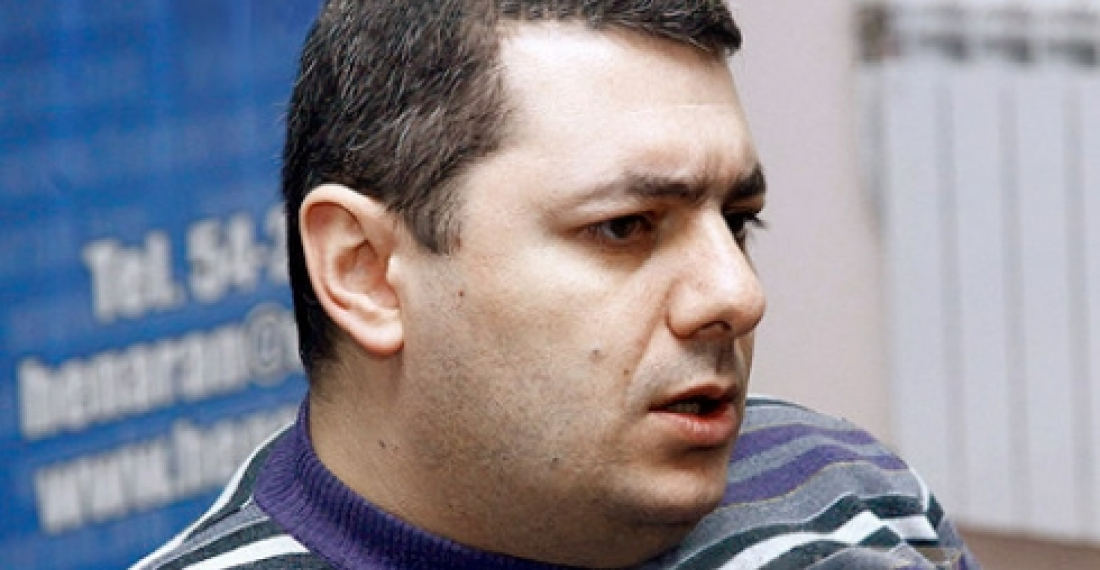Принятие французским Cенатом законопроекта об уголовном наказании за отрицание геноцидов, включая, прежде всего, Геноцида армян, непременно окажет свое влияние на и без того натянутые политические отношения между Евросоюзом и Турцией. Такое мнение 24 января выразил журналистам заместитель директора института "Кавказ", политолог Сергей Минасян.
По его словам, более того, именно "армянский вопрос" станет лучшим оружием стран ЕС против Турции, которым они будут пользоваться каждый раз при желании притеснить ее.
23 января Сенат Франции вынес решение об уголовном наказании за отрицание Геноцида армян. Законопроект, за принятие которого в Сенате проголосовало 127, а "против" - 86 сенаторов, предусматривает наказание в виде года тюремного заключения и штрафа в размере 45 тысяч евро.
"Евросоюз довольно настороженно относится к Турции, которая, в свою очередь, не очень-то стремится войти в его состав, диктуя ЕС свои правила. Утверждение французским Сенатом своего решения станет причиной очередного витка ухудшения отношений между странами ЕС и Турцией. После чего в дальнейшем многие страны могут последовать примеру Франции",- отметил Минасян.
По словам Минасяна, подобная ситуация помимо общеевропейского уровня, несомненно, отразится на отношениях между Францией и Турцией. При этом, по его мнению, Анкара предъявит очередные обвинения в адрес Парижа и будет вести себя еще более агрессивно в отношении Еревана. "Однако подобным поведением Турция лишь усилит внимание международного сообщества к темным сторонам своей внешней и внутренней политики, тем самым "бросив очередной камень в свой огород" и подтверждая свою вину в Геноциде, осуществленном в отношении армянского народа в 1915-23 гг.", - подытожил политолог.







